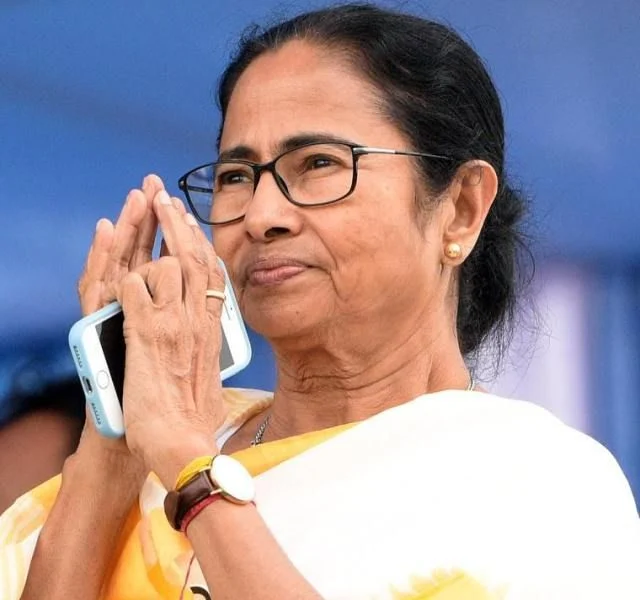The West Bengal cabinet has approved a proposal to make Bengali their second language in all private English medium schools.

Through a series of maneuvers, the West Bengal cabinet has finally accepted the proposal to mandate Bengali as a second language at all private English-medium schools. The decision was made in a cabinet meeting headed over by Mamata Banerjee, the chief minister.
Table of Contents
The new state education policy, framed for government and state-aided schools, made the three-language formula compulsory for the upper primary level with Bengali being a must for all schools.
A senior official stated that although there are options available to take Bengali as the second language however most students opt for either Hindi or other languages. As a result, the students were not learning the language properly. Thus, the state cabinet made it mandatory for all schools to make Bengali a second language.
Moreover, two languages will be taught at the primary level, one of them being the mother language.
Based on the following lines a new curriculum will be designed. The committee further advised that the curriculum, syllabus, and textbooks for any other kind of teaching that the state government had approved, should be written in the respective languages.
MAMTA GOVERNMENT’S PREVIOUS EFFORTS TOWARDS BENGALI
Previously in 2017, the Trinamool Congress Government had made Bengali a mandatory language for all schools.
However, according to The Hindu, English-medium schools at the time had the option of making Bengali an elective starting in Class 1. As a result, students could choose to study Bengali as a second or third language.
DEADLINE FOR IMPLEMENTATION
Chief Minister Mamta Banerjee has given a 15-day deadline to the officials for the implementation of all the decisions made by the cabinet under the New Education Policy.
The Chief Minister has asked the officers to submit a report on the implementation to the Chief Minister’s Office.
WELCOMING THE DECISION
The decision to make Bengali a mandatory language was welcomed joyfully by many.
Bangla Pokkho– an organization working towards promoting the Bengali language was really happy with the decision. Kausik Maiti- the organizing secretary of the organization commented that the people of Bengal have been waiting for this decision.
Language is not just knowing about the alphabet or grammar, rather it is about knowing a culture, and the society’s customs because language is deeply ingrained within culture.
No two languages are the same enough to serve as a representative of a single society. Each society experiences the world differently. So if the people themselves decide to abandon their mother tongue then they’re most likely to forget their roots as well, making it easier to live with the colonial mindset that the British had left.
Being a land that has witnessed so many wars on language, this was surely a historic win for West Bengal.













